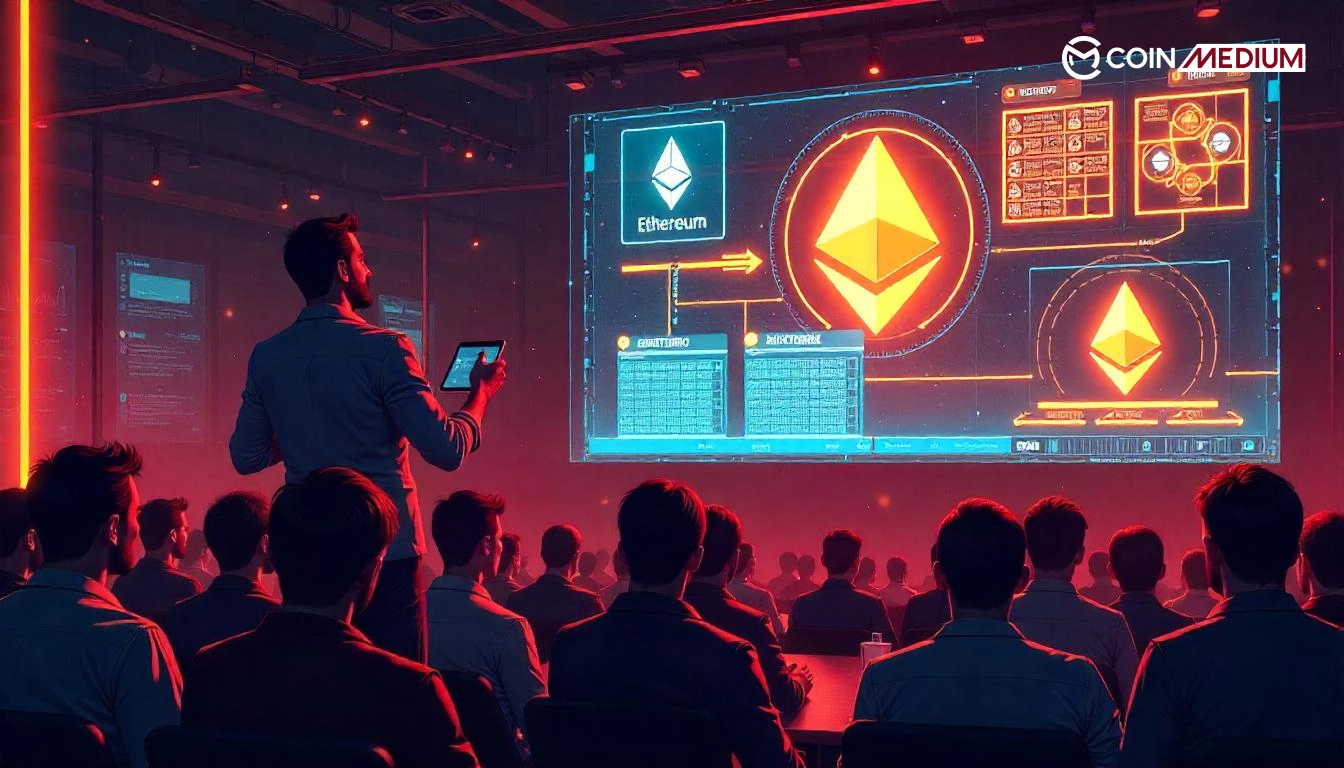Ethereum co-founder Vitalik Buterin is planning to offer an easier experience for users to run Ethereum nodes by using regular consumer hardware.
Users can run Ethereum’s software on any capable computer and connect with others, but they still rely on third-party servers (like Infura or Alchemy) to share and verify data across the network, validate transactions, and help maintain Ethereum’s security. Buterin explained that running a full node allows a user to maintain a local server that handles the entire process independently, without needing to connect to external servers.
What are the challenges facing Buterin’s vision?
Running a full node today means storing over 1.3 terabytes of data, according to data from Etherscan. Without serious hardware or cloud resources, most people can’t afford that.
“Currently, the overhead is impractically high, and even after many efficiency improvements, it is likely to stay expensive,” Buterin noted.
Ryan Yoon, a senior analyst at Tiger Research, explained to Decrypt what Buterin is aiming for, simplifying the concept by saying that nodes would only store the portions they need, while historical data would be distributed across multiple nodes for shared storage.
The ambitious co-founder of Ethereum shared his long-term vision in 2023, aiming to make fully verified Ethereum nodes capable of running on standard consumer devices such as smartphones, while noting that achieving this milestone may take a decade or even more.



